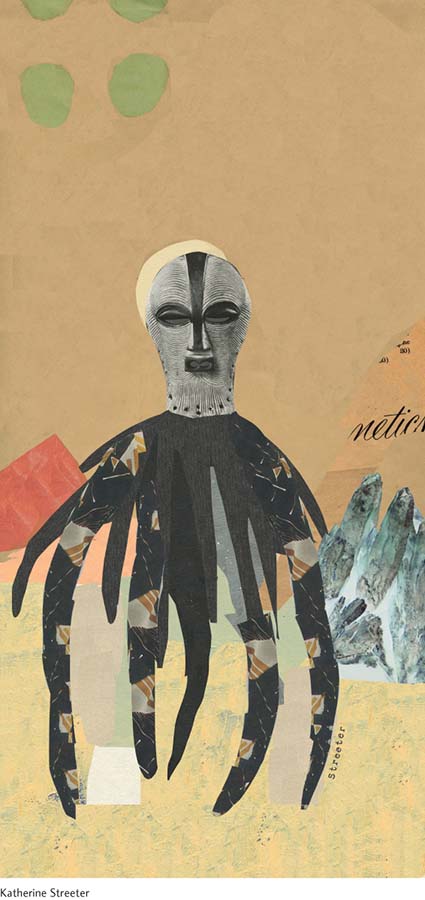Chapter Introduction
What Are the Origins of Brain and Behavior?
CLINICAL FOCUS 1-
WHY STUDY BRAIN AND BEHAVIOR?
WHAT IS THE BRAIN?
WHAT IS BEHAVIOR?
ARISTOTLE AND MENTALISM
DESCARTES AND DUALISM
DARWIN AND MATERIALISM
COMPARATIVE FOCUS 1-
EXPERIMENT 1-
CONTEMPORARY PERSPECTIVES ON BRAIN AND BEHAVIOR
ORIGIN OF BRAIN CELLS AND BRAINS
THE BASICS CLASSIFICATION OF LIFE
EVOLUTION OF NERVOUS SYSTEMS IN ANIMALS
CHORDATE NERVOUS SYSTEM
HUMANS: MEMBERS OF THE PRIMATE ORDER
AUSTRALOPITHECUS: OUR DISTANT ANCESTOR
THE FIRST HUMANS
RELATING BRAIN SIZE AND BEHAVIOR
COMPARATIVE FOCUS 1-
WHY THE HOMINID BRAIN ENLARGED
MEANING OF HUMAN BRAIN SIZE COMPARISONS
ACQUISITION OF CULTURE

1-1
Living with Traumatic Brain Injury
Fred Linge, a clinical psychologist with a degree in brain research, wrote this description 12 years after his head injury occurred:
In the second it took for my car to crash head-
During the next months, my family and I began to understand something of the reality of the experience of head injury. I had begun the painful task of recognizing and accepting my physical, mental, and emotional deficits. I couldn’t taste or smell. I couldn’t read even the simplest sentence without forgetting the beginning before I got to the end. I had a hair-
Two years after my injury, I wrote a short article: “What Does It Feel Like to Be Brain Damaged?” At that time, I was still intensely focusing on myself and my own struggle. (Every head-
At this point in my life, I began to involve myself with other brain-


In the years after his traumatic brain injury (TBI)—a wound to the brain that results from a blow to the head—